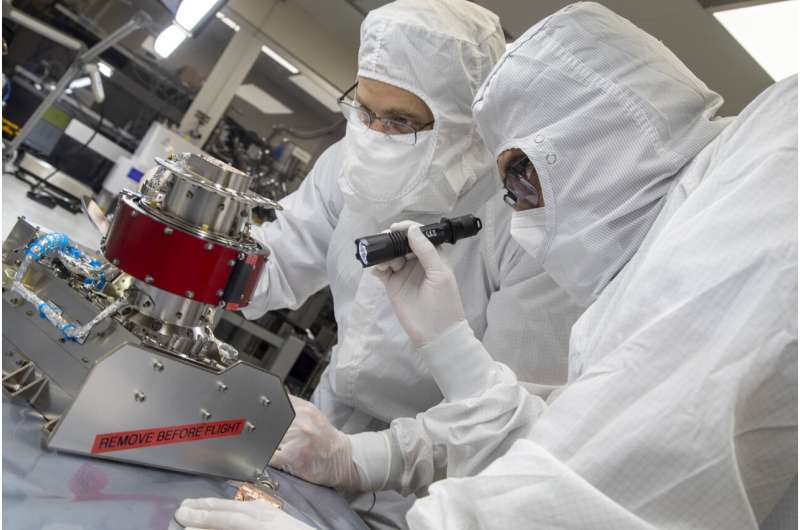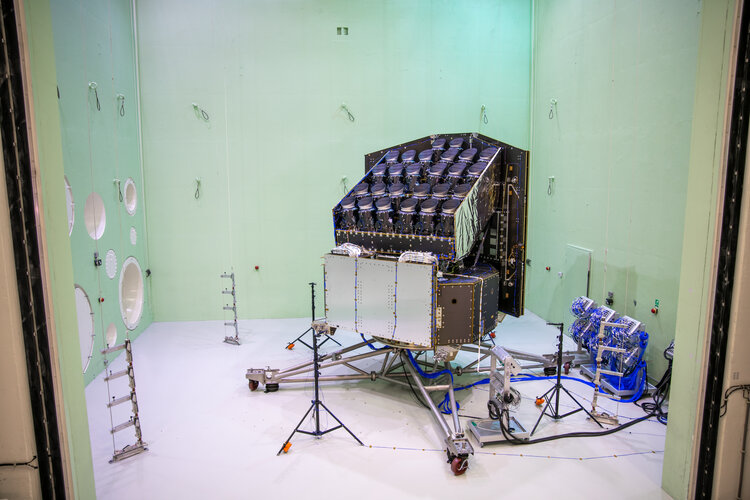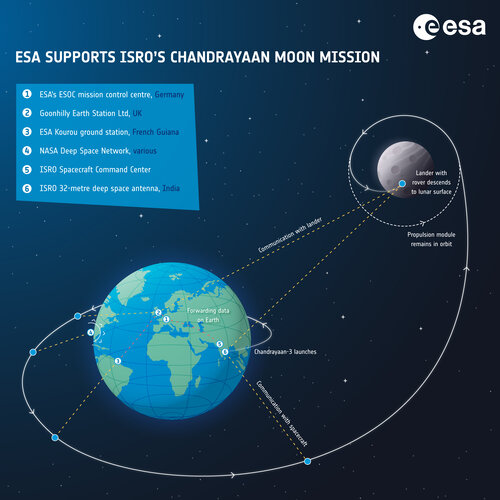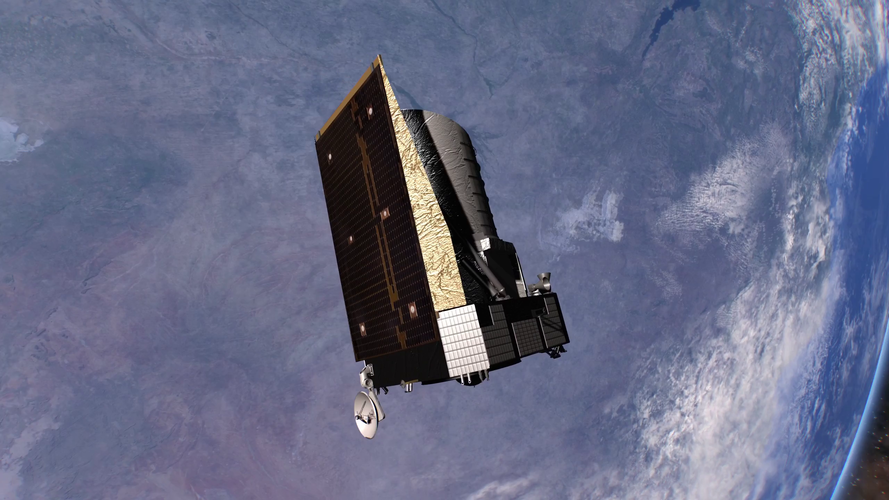
Copernical Team
Astronauts' new rides for Artemis missions arrive at Kennedy Space Center

While the next humans to fly to the moon will rely on the Orion spacecraft for the nearly half-million-mile trip next year on the Artemis II mission, the final 9 miles to the launch pad will come while riding in one of three new astronaut transports now parked at Kennedy Space Center.
Three curvy electric vehicles officially referred to as CTVs, as in crew transportation vehicles, were built by California-based Canoo Technologies and arrived to KSC on Tuesday. They will be used during training leading up to the Artemis II flight slated for no earlier than November 2024.
That mission will fly the crew of three NASA astronauts and one Canadian Space Agency astronaut on a 10-day mission around the moon, the first time humans will fly in the Orion capsule launching atop the powerful Space Launch System rocket. It will pave the way for Artemis III no earlier than 2025 that seeks to return humans including the first woman to the lunar surface for the first time since 1972.
The new zero-emission CTVs are equipped to bring the four crew suited up in their spacesuits along with support personnel including a spacesuit technician on the ride from the Neil A.
Virgin Galactic plans its next commercial flight to the edge of space for August

Preventing traffic accidents to the moon and back

Plasma spectrometer delivered for moon mission

Southwest Research Institute has delivered a plasma spectrometer for integration into a lunar lander as part of NASA's Lunar Vertex investigation, scheduled to commence next year.
Decoding the impact flash created by high-velocity impacts

In an experimental study published in PNAS Nexus, researchers explore the visible impact flash that is created by high-velocity impacts.
Impacts by debris and meteoroids pose a significant threat to satellites, space probes, and hypersonic craft. Such high-velocity impacts create a brief, intense burst of light, known as an impact flash, which contains information about both the target and the impactor.
Gary Simpson, K.T. Ramesh, and colleagues explored the impact flash by shooting stainless steel spheres into an aluminum alloy plate, at a speed of three kilometers per second—about 6,700 miles per hour, or more than nine times the speed of sound.
The resulting impact flashes were photographed using ultra-high-speed cameras and high-speed spectroscopy, which measures the color and brightness of the light. Immediately after impact, a luminous disk is seen expanding around the impacting sphere. Only a few millionths of a second later, the disk takes on an almost floral shape, as fragments ejected from the impact crater form an ejecta cone, with petal-like projections at the outer edge.
Plato’s structural test campaign

From May to August 2023 a structural model of ESA’s next exoplanet mission, Plato, is undergoing a test campaign at ESA’s ESTEC Test Centre, at Noordwijk in the Netherlands. Plato is planned to launch on an Ariane 6 in 2026. During lift-off Plato will have to withstand intense vibrations and immense blasts of noise. To make sure the satellite can survive the start of its journey to space, engineers test its structural integrity beforehand.
Plato in ESA's LEAF room
 Image:
Image:
This image shows ESA’s next exoplanet mission, Plato, in the Large European Acoustic Facility (LEAF). In this room, the noise of a rocket taking off is simulated. The large room measures 11 by 9 metres and is 16.4 metres high. One wall is equipped with multiple noise horns, that have a similar design as ordinary speakers. Nitrogen is shot through the horns and can produce noise up to 156 decibels. During tests, no one is allowed into the room that is surrounded by a 0.5-m-thick layer of concrete to keep the noise in. Plato passed its test with
ESA ground stations support Chandrayaan-3 Moon mission

Euclid’s large halo around indefinitely small point



 Image:
Moon stance
Image:
Moon stance